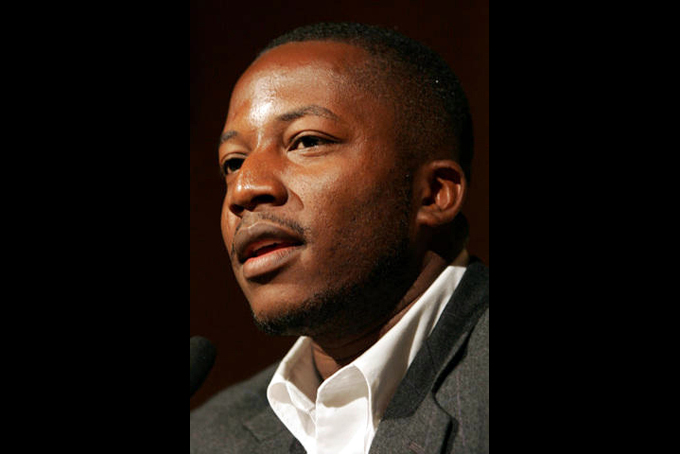While the motive behind the Brown decision remains unclear despite his press release sent out last week, the council took another blow in member Kwame Kenyatta’s abrupt resignation only after his unexplained absence from city council was brought to light in a newspaper column.
Kenyatta had derided the council for lack of effectiveness under an emergency manager and dismissed any kind of role it could play moving forward with Kevyn Orr pulling the strings. But he was still on the public payroll until last week.
What is happening in Detroit reads like a soap opera, so it makes us wonder what, where and when will the next shoe drop.
“You can’t make this stuff up,” is the response I’ve been getting from people across the city.
But wait, it’s not over. After been knocked off the Aug. 6 primary ballot, mayoral candidate Mike Duggan announced that he is going to mount an aggressive write-in campaign, after urging from supporters like Strategic Staffing Solutions CEO Cindy Pasky, to finish second in the primary for the general election showdown in November.
Duggan was removed from the ballot following a challenge from opponent Tom Barrow who succeeded after two courts agreed with his position that Duggan wasn’t qualified to be on the ballot.
Even though Duggan’s inclusion in the race raises the stakes because he and Wayne County Sheriff Benny Napoleon viewed in polls as the two major contenders, it still does not end the litany of legal challenges Barrow is expected to present to the Duggan campaign.
With Duggan out of the race, neither Barrow, nor any of the other candidates will present any real significant challenge to Napoleon because of name recognition and a well oiled campaign structure, and the Napoleon campaign should embrace a tough and competitive race for their candidate.
The crop of candidates outside of Napoleon and Duggan lowers the campaign bar and makes the race less competitive with no expressed stakes even though all of the candidates have a deep love for public service demonstrated by their willingness to be in the race, and having previously served the public.
I prefer a competitive race and one that forces the candidates to make serious commitments to addressing the issues facing Detroit.
We should not have a mayor by default and any serious candidate worth his or her salt shouldn’t accept the tag of being a “mayor by default,” because what makes this process healthy and productive is creating a space where there is genuine competition and we raise the stakes in the election.
That all of the problems facing this city, from abandoned neighborhoods and crime to re-energizing and bringing in new businesses, should be laid out on a competitive table that allows for debates and the candidates make public declarations they will be held to should they be elected.
Detroit should not be victimized again because of inept leadership and candidates masking as possessing real desire to serve when the goal is to look out for their own interests.
These candidates should lead by example. That not usually being the case in the past, or in the present, is the reason why the city is where it is today.
Bankole Thompson is editor of the Michigan Chronicle and the author of the forthcoming book “Rising From the Ashes: Engaging Detroit’s Future With Courage.” His book “Obama and Black Loyalty,” published in 2010, follows his recent book, “Obama and Christian Loyalty” with an epilogue by Bob Weiner, former White House spokesman. Thompson is a political news analyst at WDET-101.9FM (NPR affiliate) and a member of the weekly “Obama Watch” Sunday evening roundtable on WLIB-1190AM New York and simulcast in New Jersey and Connecticut. E-mail bthompson@michronicle.com or visit his personal page at www.bankolethompson.com.

